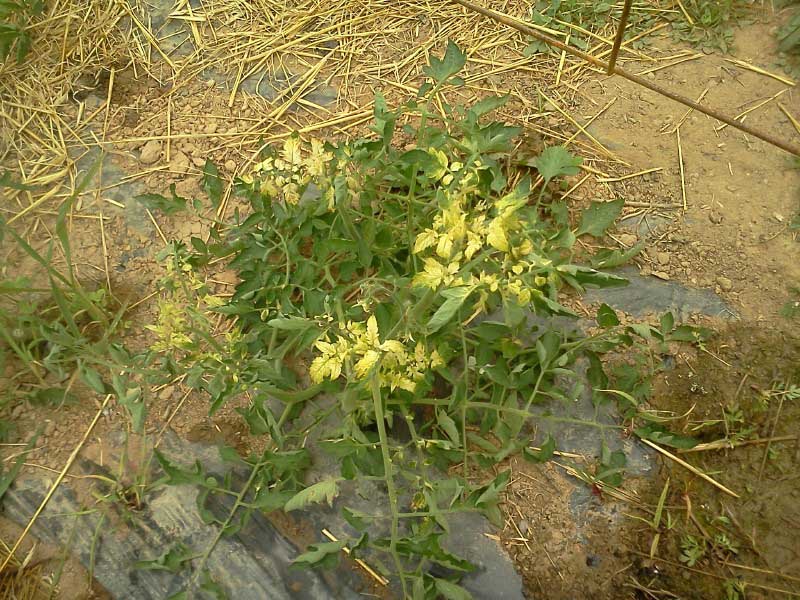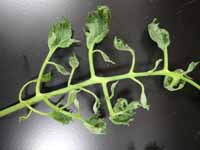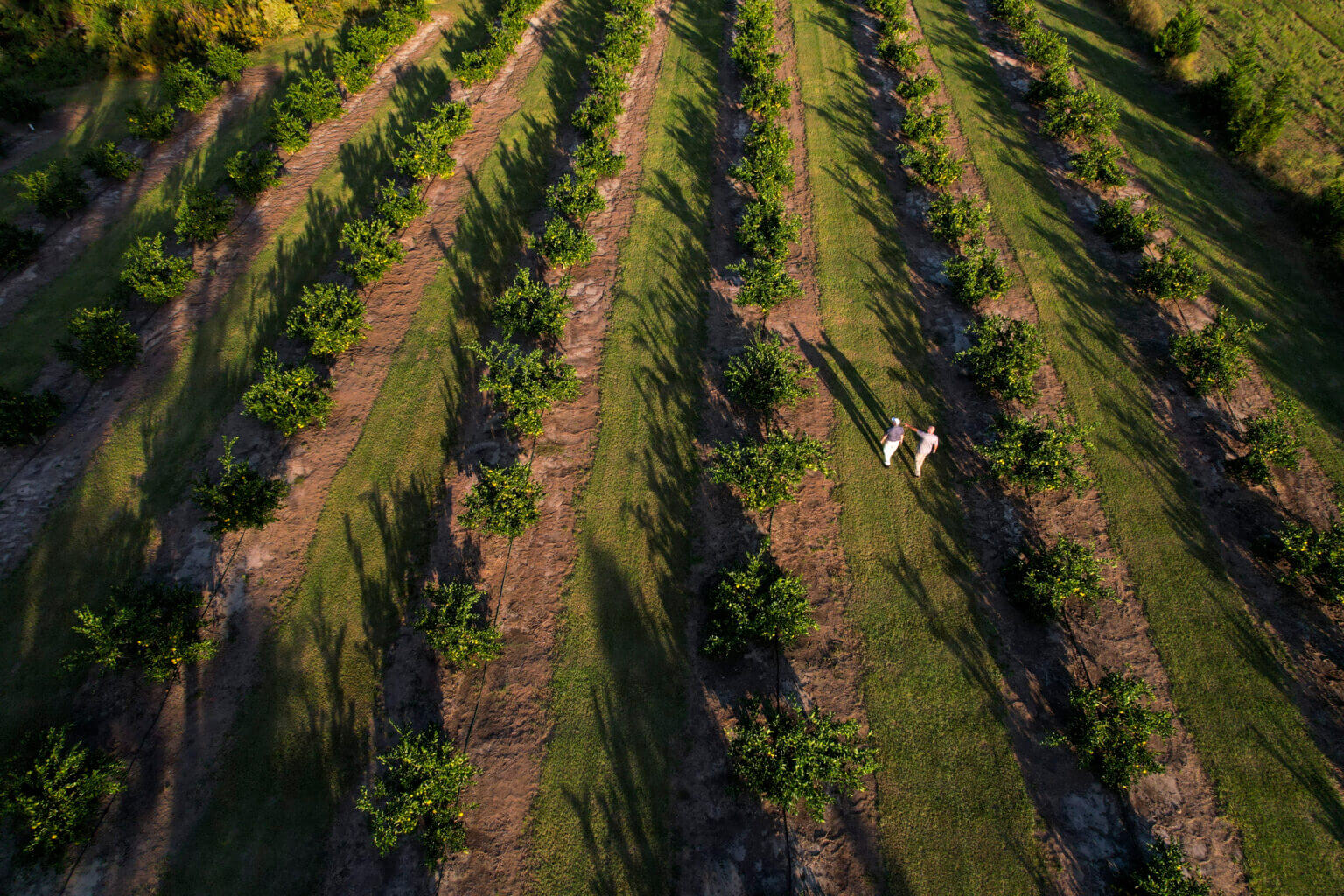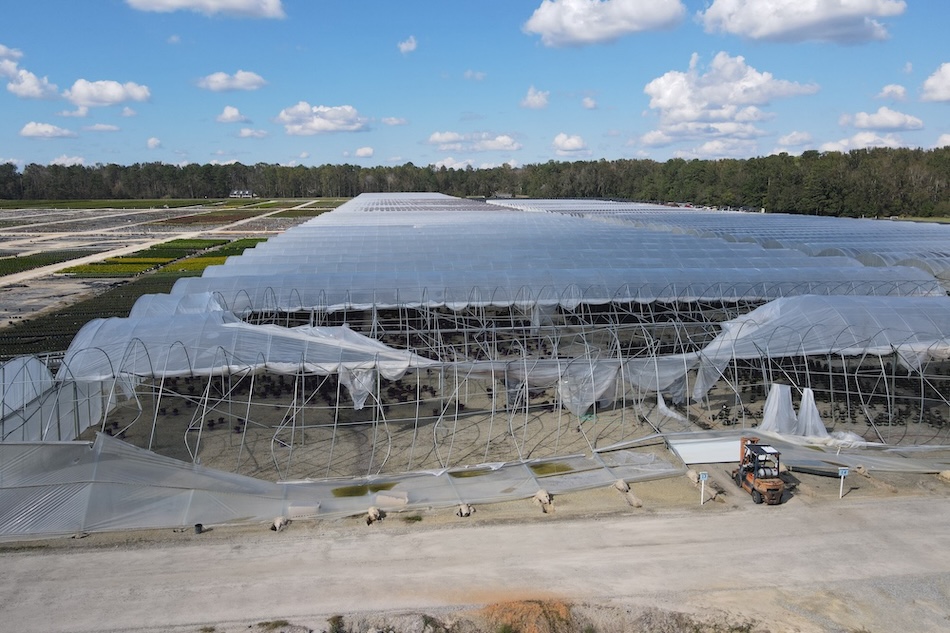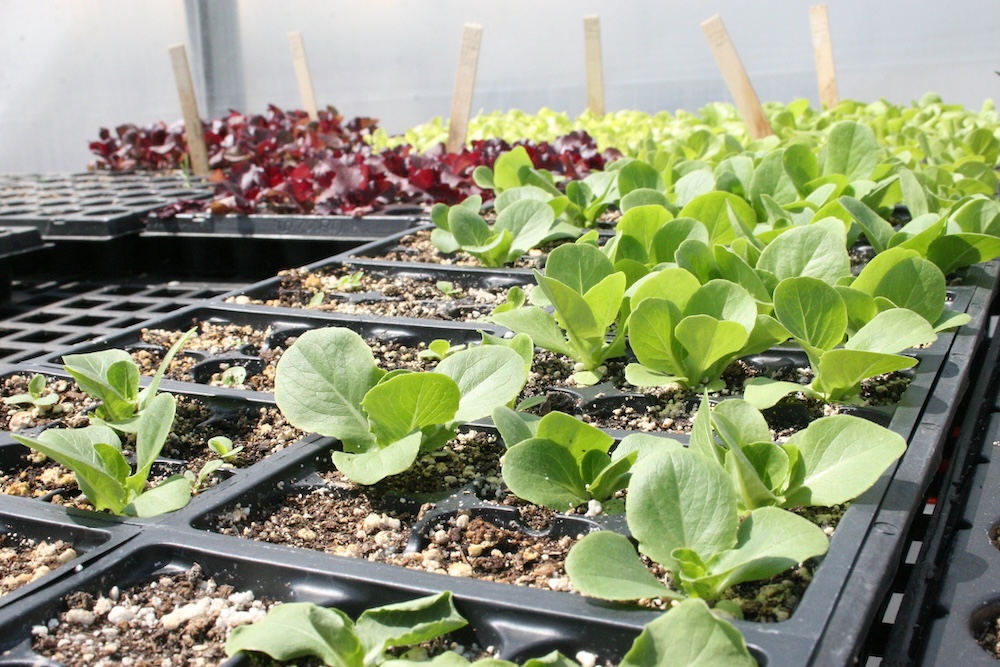After fielding a number of calls and examining plant samples brought in to the Bartow County Extension Office, I have decided vegetable gardeners are probably better off not using hay or manure in their gardens.
Twenty years ago, manure was a great soil amendment to add to gardens. It was considered a good source of natural organic nutrients as an alternative to synthetic fertilizers. Today it is nearly impossible to find a manure source that doesn’t contain herbicide residues. Ironically, this defeats the purpose of trying to be an organic gardener.
Most gardeners don’t give much thought to where their manure comes from, aside from the obvious source. The vast majority of farmers spray their hayfields and pastures with herbicides for broadleaf weed control. Today’s hay customers expect weed-free sources of hay for their animals and farmers must meet the demand of their customers.
Herbicides used today are safe as far as having low toxicity to humans and animals. In fact, many of these herbicides can be sprayed one day and grazed the next by livestock.
The problem is that many of these herbicides have long-lasting residual activity. Some commonly used products are known to last as long as 8 to 12 months in the soil. Herbicide residues also remain active on forage hay fed to livestock and grass clippings from lawns that are sprayed.
If you spray your lawn for weeds, don’t put your grass clippings in your garden or your compost bin. These herbicides are very good at what they do: killing broadleaf weeds without killing the grass. Unfortunately, these products don’t know the difference between a broadleaf weed and a prized tomato plant.
Whether the manure comes from horses, cattle, alpacas, goats or other livestock, there’s a chance the animal could have been exposed to an herbicide. Even if the livestock owner doesn’t spray his pastures, hay that is purchased to feed the animals could have been sprayed.
You should assume that any hay that is mostly weed-free has been treated with an herbicide. About the only forage hay that will not have been sprayed is alfalfa, since most broadleaf herbicides cannot be sprayed without damaging the alfalfa, too. If livestock owners only feed alfalfa hay to their animals and don’t spray their pastures, then you could use the manure in your garden.
Most livestock owners also feed grass hays such as fescue, bermudagrass and orchard grass that are likely sprayed for weeds. Ask the livestock owner if he sprays his fields and what type of hay he feeds his animals. If you can’t get the answers to these questions, assume the hay has been sprayed with an herbicide and don’t use it in your garden.
If you’ve already incorporated manures or hay mulches into your garden, watch your vegetables closely for unusual symptoms. Tomatoes are very susceptible to herbicide damage and are often the first indicator of a problem. If damaged, tomatoes will have extreme leaf curling and twisted stems. Usually, the newest growth on the plant is the first to show these symptoms. If you are unsure, bring a leaf sample to the local University of Georgia Extension office to rule out any other insect or disease problems.

